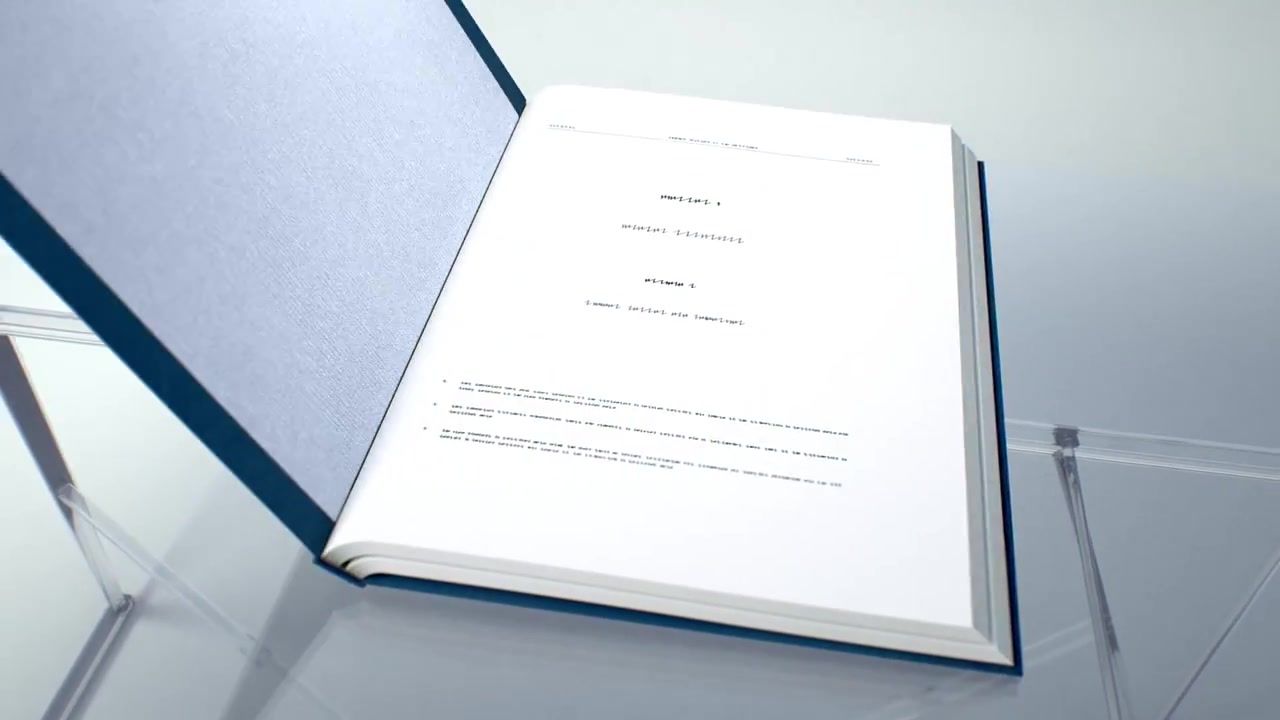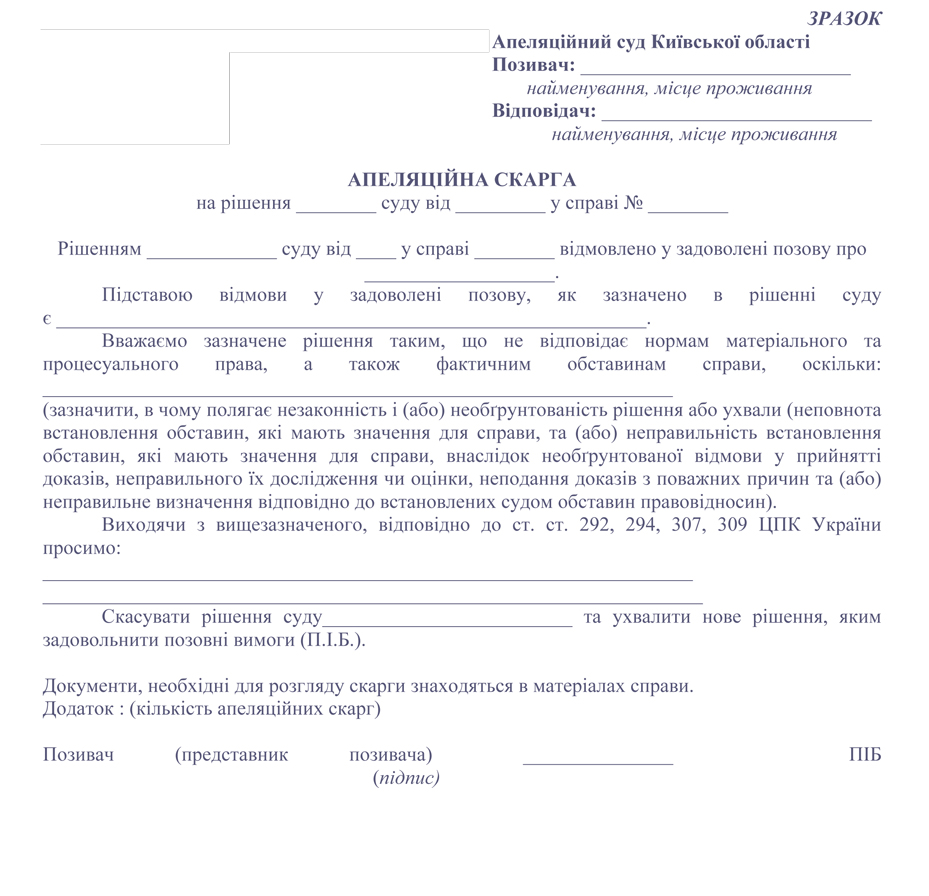In a situation where one of the parties to a court proceeding disagrees with the rendered decision, sentence, ruling, or order, they have the right to challenge it in the prescribed manner.
What is an appellate appeal?
An appellate appeal provides for the review of judicial decisions rendered by a court of first instance. Such a review is possible at the initiative of an interested party to the court proceeding. Every participant in the judicial process whose interests have been violated (or may be violated) has the right to file an appellate complaint with the higher court.
An appeal is the challenge of a decision to a higher judicial instance. The term also refers to the review of the correctness (justification and legality) of decisions of courts of first instance, carried out by the higher court authorized to do so. A lawyer will give a more detailed answer as to what an appeal is and when it should be filed in a specific case after reviewing the case materials during a consultation.
What is the difference between cassation and appellate complaints?
The main difference between appellate and cassation appeals is that the former challenge decisions that have not yet entered into legal force, while the latter involve the review of judicial acts after they have become effective. This means that, as a rule, a person has the right to challenge a decision made by a court of appellate instance.
In addition, an appellate complaint is submitted through the court of first instance that issued the contested decision, whereas a cassation appeal is filed directly with the cassation instance (these are higher specialized courts authorized to review certain categories of cases).
The time limits for filing appeals in cassation and appellate procedures also differ. Cassation review time limits are generally longer than appellate ones and depend on what type of case is being appealed (civil, administrative, criminal). For example, for civil cases the cassation appeal period is 2 months, and for the review of administrative and commercial cases it is one month.
If you do not know how to correctly write a complaint to the cassation court, it is better to seek help from a specialist who can take into account all the nuances and achieve justice during the review of the case. Learn everything about filing and drafting a cassation complaint at the link Cassation appeal in a criminal case.
Procedure for filing an appeal
Appellate review includes the following steps:
- An interested person files a statement with the court expressing their intention to challenge the judicial act in appellate proceedings. This stage is considered preparatory and must precede the filing of the complaint.
- The appellant files the appellate complaint with the court of first instance that issued the decision, and the complaint must comply with all the requirements of procedural law.
It is very important to know the procedure for challenging a court decision within the various types of proceedings — administrative, civil, criminal — so that the appeal is accepted for consideration and the claims set out in it are fully satisfied.
If you do not know how to draft an appellate complaint or where to submit it, you can find a wealth of useful information by following the link Drafting an appellate complaint against a court decision.
Appellate review in civil and administrative proceedings
To exercise the right to review decisions issued by courts of first instance in administrative and civil proceedings, you must know how to file an appeal with the court and what grounds are required. First and foremost, there must be evidence that the decision (order or ruling) does not conform to the norms of the applicable law or was made without justification.
It is also important to consider the time limits for filing an appellate complaint, because if the period specified by law is missed, it may be restored only if there are valid reasons for such a delay.
In order for the appeal to be accepted for consideration and not returned for correction of deficiencies, you need to know how to draft such a document in accordance with legal requirements. It is also very important that the complaint contains references to applicable legal provisions that support the author’s position.
Deadlines for filing an appeal in civil proceedings
If a decision has been issued in a civil case that needs to be appealed, bear in mind that 10 days are allotted to exercise this right from the date the decision was made, or from the date a copy of the court act is served on the person entitled to appeal to the higher instance.
Deadlines for filing an appeal in administrative proceedings
As for the review of decisions in administrative cases, 10 days are provided for filing an appeal. This period is counted from the moment the ruling is made or a copy of it is served.
Consequences of missing appeal deadlines
If the deadline for filing an appeal was missed, it may be restored by the court at the request of the interested person if there are valid reasons. In situations where the appeal deadlines were missed without valid reasons, the person loses the right to have the decision of the court of first instance reviewed in the prescribed manner.
Sample appeal
To correctly and competently draft an appeal, you will need to study a template of this document in detail. By following the link, you can review an example of drafting an appellate complaint against a decision of a court of first instance. It is very important to take into account the significant specific features of each court proceeding when preparing an appellate submission.
And if you need to overturn an order imposing administrative liability, you should use the template available at the link. In any case, if you are not sure, it is better to seek assistance from a qualified lawyer who knows exactly how to appeal a court decision. This significantly increases the chances of having the case reviewed in your favor.


